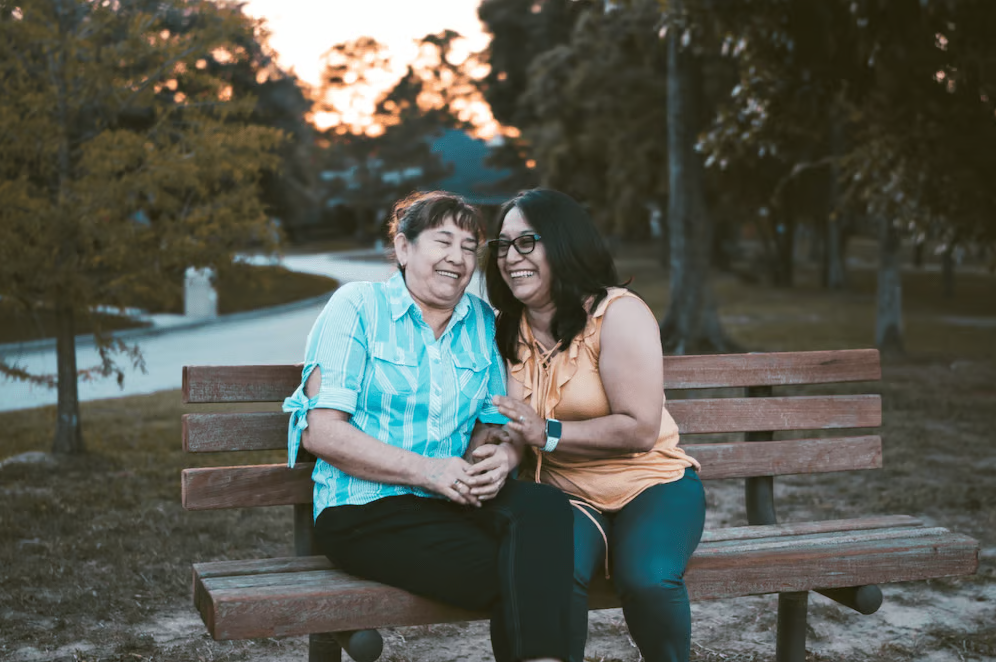
Financial aid (may be available)

Financial aid (may be available)

Financial aid (may be available)

Financial aid (may be available)
$975 total
$550 total
$530 total
$600 total
No cost info
No cost info
$369 total
No cost info
$399 total
$150 total
Are you interested in joining the healthcare field and looking for vocational training programs that can set you on the path to becoming a Home Health Aide (HHA)? This blog post is designed to provide comprehensive information and guide you towards finding the most suitable Home Health Aide classes in Charleston.

A Home Health Aide is an essential healthcare professional who provides basic healthcare services to patients in their homes. Their responsibilities typically include assisting with personal hygiene, administering medications, checking vital signs, and providing companionship. They are instrumental in improving the quality of life for those who need assistance with daily living activities.
To become an HHA, you need to complete a state-approved training program. These programs include both classroom and practical training, covering topics such as patient care, basic medical knowledge, and emergency procedures. After completing the training, you must pass a state certification exam to work as an HHA.
When searching for Home Health Aide classes near you, consider the following factors:
Accreditation: Ensure that the training program is state-approved and accredited by a recognized body. This guarantees that the program meets the minimum standards set by the state.
Course content: The course should cover all the necessary topics, such as patient care, emergency procedures, and medical terminology.
Practical training: The program should offer hands-on training, allowing you to gain practical experience under supervision.
Flexibility: If you have other commitments, look for a program that offers flexible schedules or online learning options.
In an HHA class, you can expect to learn through a mix of lectures, demonstrations, and hands-on practice. Topics covered often include:
Personal care skills
Basic nutrition
Infection control
Understanding patient's rights
Handling emergencies
After completing the training program, you must pass a state certification exam. The exam typically includes a written test and a skills assessment. Once you pass the exam, you'll be a certified HHA and ready to start working.
After becoming a certified HHA, you can find job opportunities in home health care agencies, private homes, and senior living communities. You can also check out various job boards and healthcare-focused job sites.
After gaining some experience as an HHA, you might want to consider further training to advance in your career. For instance, you could pursue vocational training programs to become a Certified Nurse Assistant (CNA)or aCertified Medication Aide.
Good communication skills are essential for HHAs as they often act as a bridge between patients, family members, and other healthcare professionals. They need to be able to effectively relay information about the patient's condition and needs.
As an HHA, it's crucial to understand and respect patients' rights. This includes the right to privacy, to be informed about their care, and to make decisions about their treatment.
HHAs often work with patients who are receiving palliative care. They play a crucial role in providing comfort and improving the quality of life for these patients.
Ethics is a critical aspect of healthcare. As an HHA, you need to understand and adhere to the ethical standards of your profession, including maintaining confidentiality and providing care without discrimination.
Becoming a Home Health Aide can be a rewarding career choice for those who have a passion for helping others. With the right training and certification, you can play a vital role in improving the lives of those in need. Start your journey today by finding the right Home Health Aide classes near you in Charleston.
Remember, choosing the right training program is crucial for your success. Make sure to consider all relevant factors, such as accreditation, course content, practical training, and flexibility. With dedication and the right training, you'll be on your way to a fulfilling career as a Home Health Aide.
Check out Dreambound's extensive guides focusing on the unique challenges and requirements for each city in the US. For more detailed information, see some of our other guides below.
Contemplating a transition in your career or exploring various professional paths? Dreambound has written many guides to help you in making informed decisions. Here are a few:
Dreambound's platform allows prospective students to find the right educational program for them through searching, filtering, and connecting with our extensive selection of career & technical education partners.
Dreambound has over 70 programs across healthcare, technology, business, and industrial trades. This includes programs such as Medical Billing, Cybersecurity, and welding.
Some of our schools offer financial aid for those who qualify. Many others offer payment plans, where you can pay the cost of class over time.
Yes, Dreambound offers many online programs. On Dreambound's search, you can filter by online, in-person, and hybrid (part online, part in-person).
Dreambound is completely free for you to use! We are supported by schools and organizations who pay to advertise on our website, so we can offer all of our career resources for free.